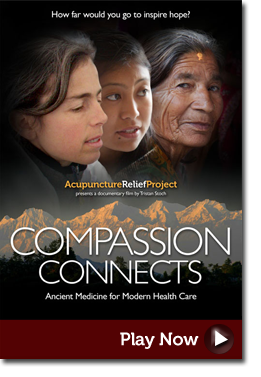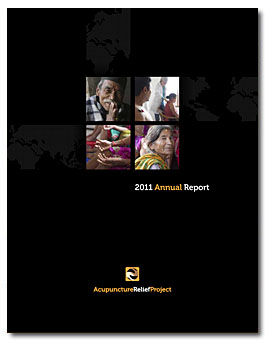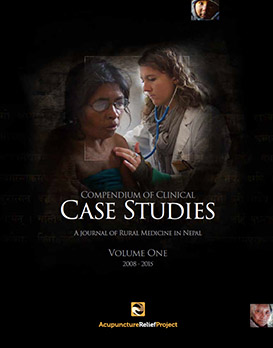 Premier screening of Compassion Connects
Premier screening of Compassion Connects
We had a standing room only turn out for the premier screening of the short documentary by Tristan Stoch. Thank you to all of you who could attend. I'm including a link to the full documentary for everyone to see. Please share it.
 The film was accepted to screen again at the Columbia Gorge International Film Festival in August. We hope that all of you in the Portland Area will come and support our bid for best documentary short. We are also submitting to several other film festivals across the country and abroad.
The film was accepted to screen again at the Columbia Gorge International Film Festival in August. We hope that all of you in the Portland Area will come and support our bid for best documentary short. We are also submitting to several other film festivals across the country and abroad.
For more information please visit: www.CompassionConnects.org and like us on facebook
Click here to watch the full length version of Compassion Connects.
Annual Report
 On behalf of myself and our Board of Directors, I want to thank every one who reads this blog and supports this project. With the help of our partners, Vajra Varahi Clinic and the Chokgyur Lingpa Foundation, we continue to provide extremely effective and cost efficient care in Nepal.
On behalf of myself and our Board of Directors, I want to thank every one who reads this blog and supports this project. With the help of our partners, Vajra Varahi Clinic and the Chokgyur Lingpa Foundation, we continue to provide extremely effective and cost efficient care in Nepal.
In 2011 our Third World Medicine Immersion Program was a great success with twelve volunteers serving at the Vajra Varahi clinic. These volunteers worked six days a week not only providing care to patients but also participating in over 40 hours of continuing education focused on improving their skills in case evaluation, treatment planning and patient progression. Upon completion of their course, each practitioner presented a case study for peer review. These case studies help us analyze the efficacy of our clinic efforts and contribute to a body of evidence that supports our overall project model. For their participation in this course, volunteer practitioners received 40 Professional Development Activity (PDA) credits from the National Certification Commission of Acupuncture and Oriental Medicine (NCCAOM).
Acupuncture Relief Project also conducted a Patient Reported Outcome Measures (PROM) research study during the Fall and Winter 2011/2012. The goal of the research was dual purpose. First to collect demographic and efficacy information from our patients. Second to provide a tool for our practitioners to help guide them in their treatment planning, evaluations and prognosis as they learned to work with their interpreters and adapt to treating in a foreign environment. Since my return from Nepal this year, I have been mentoring a group of graduate students from the Oregon College of Oriental Medicine to compile and analyze this data. Currently we are working on writing the research paper and seeking approval from the Independent Review Board (IRB) to publish our findings.
As the quality of our clinic operations continues to mature, we are increasing our focus to solving our greatest sustainability challenge which is to train local Nepali practitioners in acupuncture. In 2011, we fully funded a scholarship for one student only to be setback as the only Oriental Medicine school in Nepal became defunct. We have now adopted a mentorship approach for two students and I personally conducted over 100 hours of training during my stay last fall. We are also exploring the possibility of sponsoring a student to study in the US, Canada, Australia or China. Currently our major obstacle is a lack of legitimate accreditation and licensure in Nepal. Obviously this issue will be on our list for awhile.
On a financial note, we have definitely felt the strain of higher fuel prices reflected in the cost of air travel. We take these expenses very seriously and do our best to factor this into the cost per treatment when evaluating our efficacy and sustainability measures. Our organizational board of directors, officers and team facilitators are not compensated and volunteer many weeks (if not months) of their time every year. We feel we are maintaining an absolute minimum administrative footprint as we provide services to thousands of patients, jobs to our interpreting staff and a unique developmental experience for our practitioners.
Download our Annual Report and Financial Statements click here.
Compendium of Clinical Case Studies: Volume One
 Case studies provide a way for us to capture and share a small piece of our overall clinical experience. These case studies help us analyze the efficacy of our clinic efforts and contribute to a body of evidence that supports our overall project model. We share them here to provide our community some insight into our work in advancing our medicine both at home and abroad.
Case studies provide a way for us to capture and share a small piece of our overall clinical experience. These case studies help us analyze the efficacy of our clinic efforts and contribute to a body of evidence that supports our overall project model. We share them here to provide our community some insight into our work in advancing our medicine both at home and abroad.
Download our Compendium of Clinical Case Studies: Volume One
If you have any questions about our financial report, case studies or would like to find out how you can help, please contact me at
Best regards,
Andrew Schlabach











